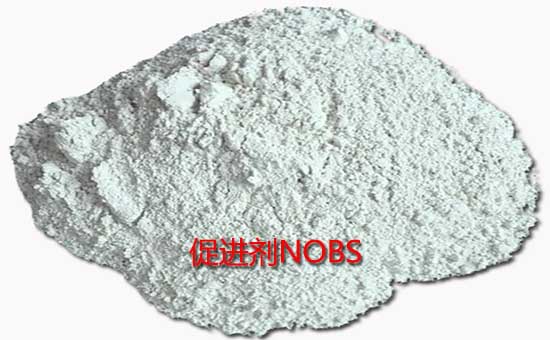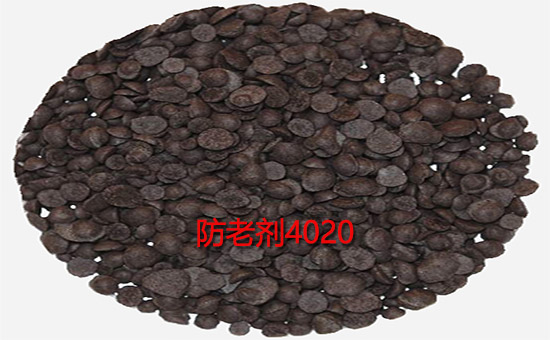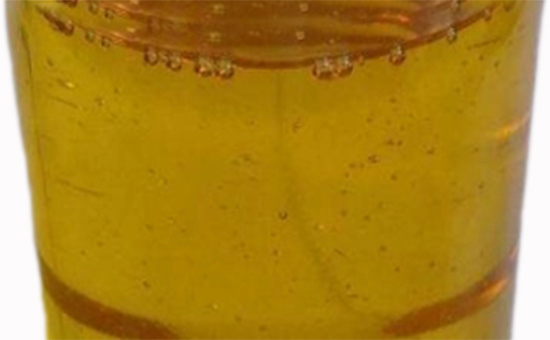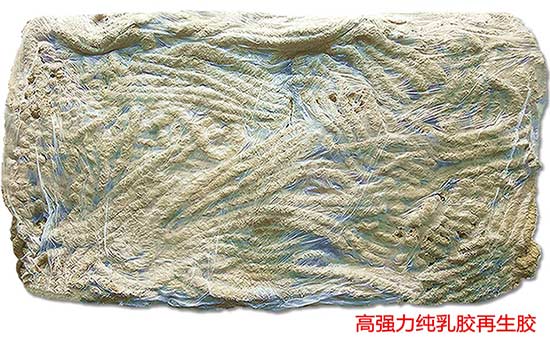
At present, people have more and more requirements for the quality of rubber products and resist products containing non-environmental harmful substances. When using recycled rubber to produce rubber products, especially rubber products with relevant environmental protection requirements, it is not only necessary to choose environmentally friendly recycled rubber, such as the recycled rubber products through EU ROHS, but also need to cooperate with environmentally friendly rubber additives.
1. 1Recycled rubber products are commonly used as substitute products for non-environmental protection rubber accelerator

The rubber accelerants mainly include sulfosamide, thiazole, thiuram, guanidine, dithiocarbamate, etc. Among them, the sulfosamide accelerants NOBS and thiuram accelerant TMTD commonly used in the rubber industry will produce nitrosamines, which are typical non-environmental additives. When using recycled rubber to produce environment-friendly rubber products, accelerator NS can be used instead of accelerator NOBS, TBzTD can be used, and DTDC can be used instead of sulfur donor DTDM.
2. Recycled rubber products are commonly used as substitutes for polluting rubber antiagers

Rubber antioxidant D is a general antioxidant, with easy access to raw materials, simple production process, low product price, and good protection against heat, oxygen, flex and crack and general aging factors. However, antioxidant D itself is polluting and cannot be used in the production of light-colored rubber products. When using recycled rubber to produce environmentally friendly rubber products, it is recommended to replace antioxidant D with antioxidant 4020, 4010NA and other antioxidants.
3. Recycled rubber products are commonly used as substitute products of non-environmental rubber softened oil

Rubber oil can improve the elasticity, flexibility, processability and miscibility of rubber. Common rubber oils include aromatic oil, naphthenic oil and paraffin oil. Aromatic oil has better compatibility with rubber and can significantly improve rubber mixing, calendering/extrusion, vulcanization fluidity, etc. It is widely used in rubber industry. However, polycyclic aromatic hydrocarbons contained in aromatic oil have carcinogenic, mutagenic and reproductive toxicity, so it is not recommended to use aromatic oil when using reclaimed rubber 2SLYY38 to produce environment-friendly rubber products and light-colored rubber products. At present, renewable rubber products factories can use environment-friendly aromatic oil instead of ordinary aromatic oil, or use naphthenic oil instead of aromatic oil.

Resorcinol plasticizers and thiophenol plasticizers may also be used in the production of recycled rubber products. These auxiliary products used in the production of environmentally friendly recycled rubber products also need to be replaced by other additives, such as the use of organic amine AIR series adhesive new products to replace some resorcinol; Use organometallic complexes such as PS to replace rubber plasticizer pentachlorophenol, etc. The following editor will continue to share with you the skills of producing environment-friendly rubber products with recycled rubber.
Exclusive original article [commercial authorization] reprint, excerpt and excerpt in any form are prohibited without written authorization. Focus on Hongyun rubber: learn the process formula and raw material technology of producing rubber products from recycled rubber to help you reduce costs and increase profits